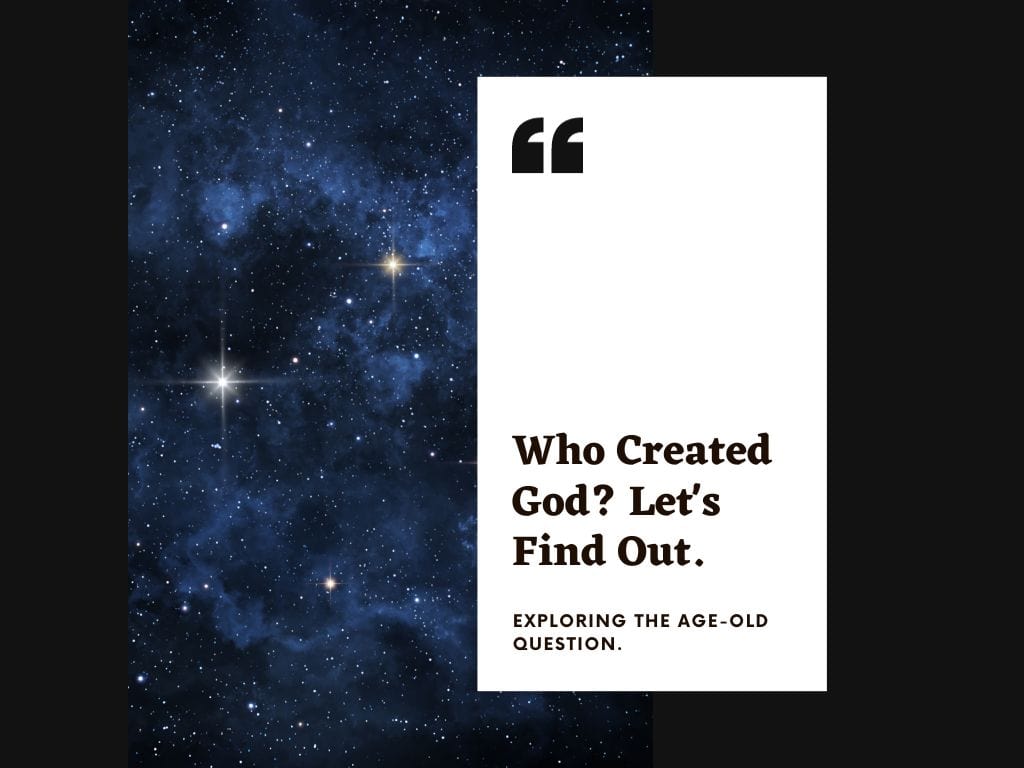Does God exist? This has been one of the biggest questions that humanity has been seeking a definite answer to since its inception. But is this really something so difficult to figure out? If we sincerely desire an answer to this question and are ready to keep an open mind while researching, it is not difficult to find one.We will never come up with a surefire justification for the existence of God if we look for it in religion. The reason is that we believe in religion because we believe in God. We do not believe in God because we believe in religion. Therefore, before accepting the teachings of any particular religion, we must first accept the reality of God. It is nonsensical to first investigate God in the scriptures or other elements of religion.Where then should we start looking into the answer to this question? I’d suggest using your common sense to seek both inside and outside yourself for the solution. You will undoubtedly discover the right response if you do this.
Contents of the Article




